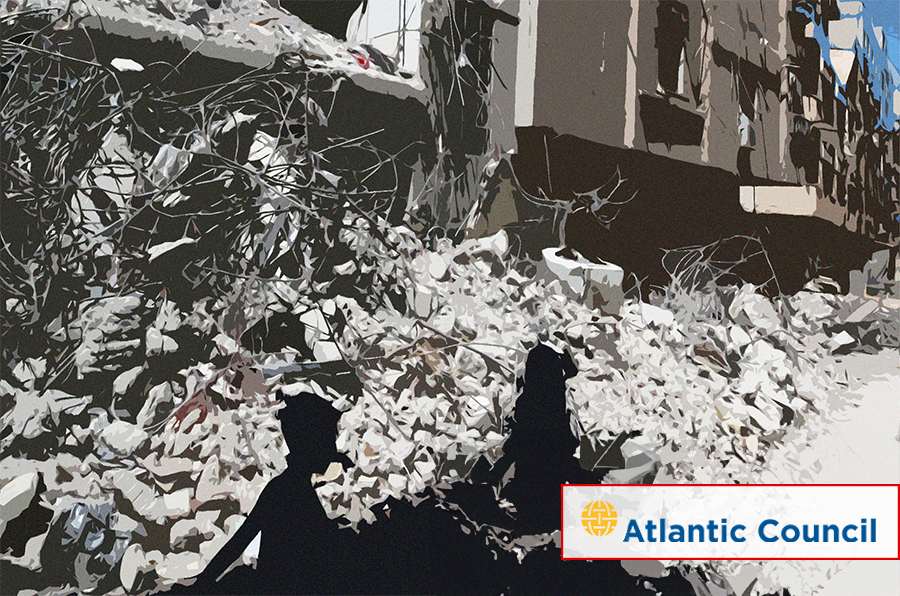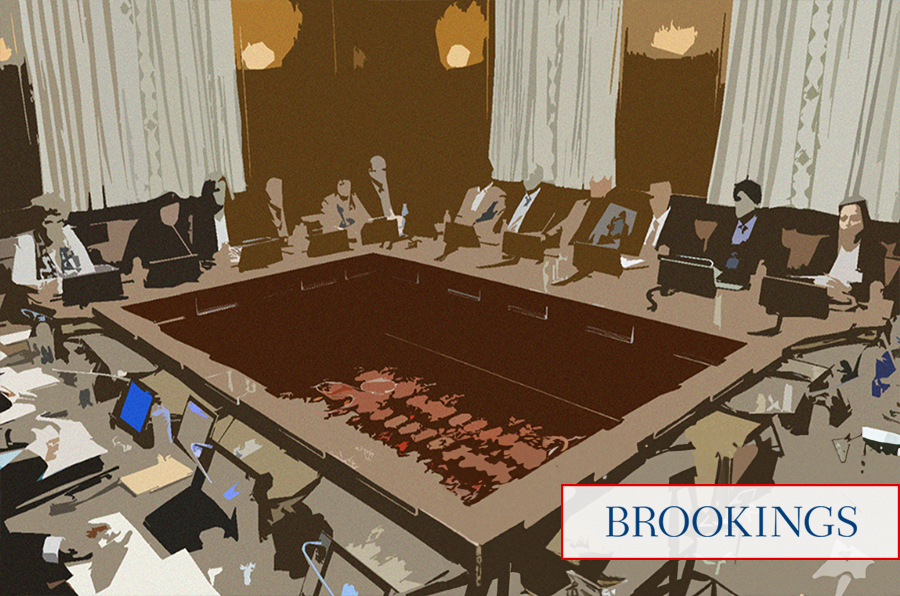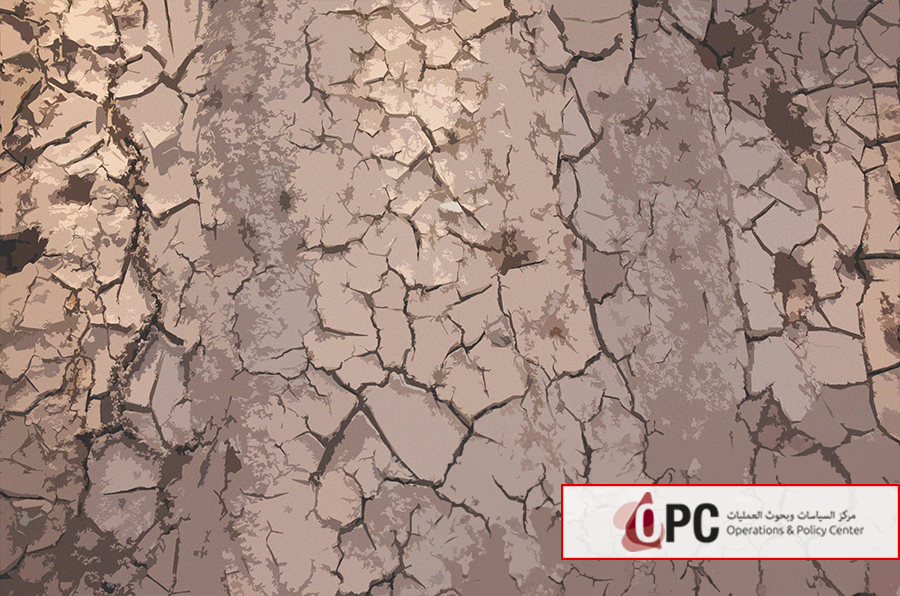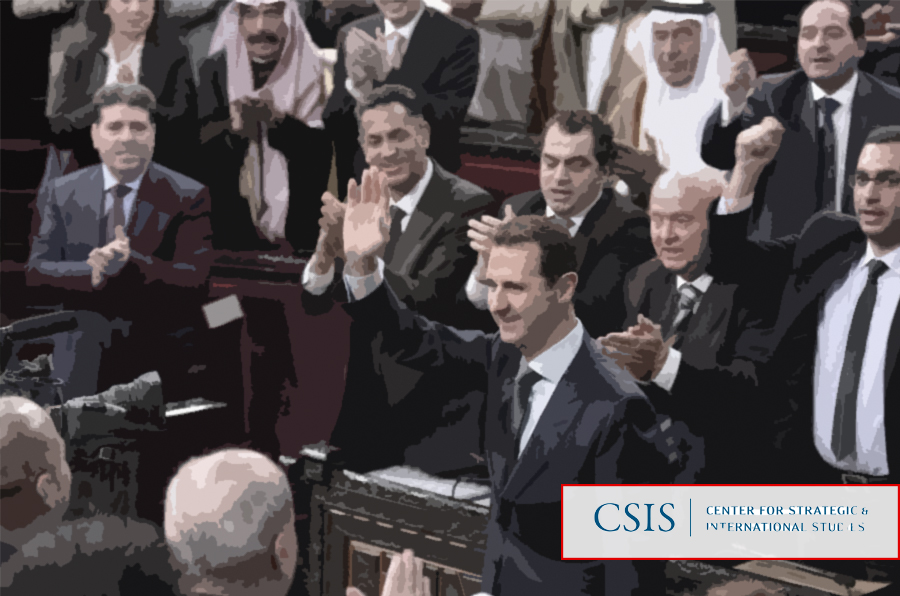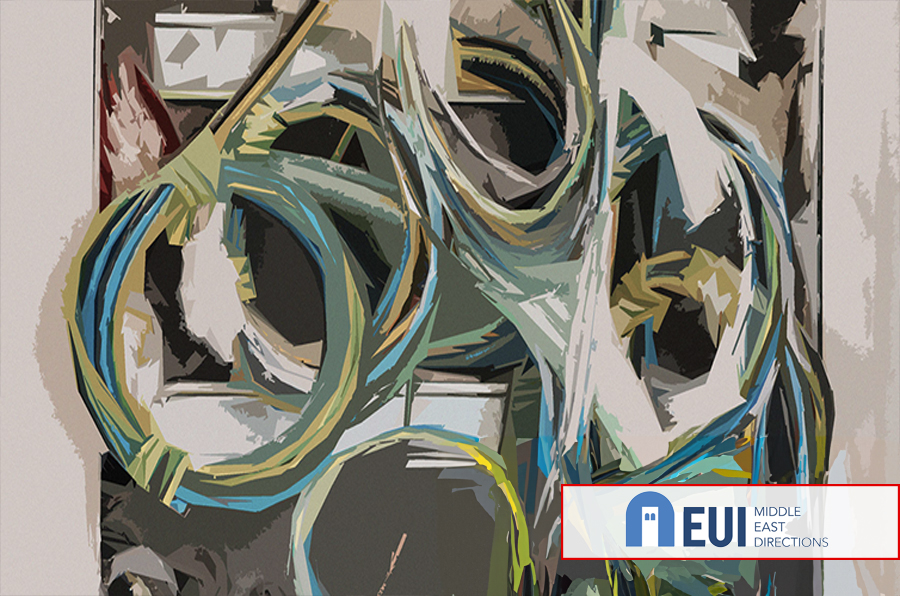Publications
Here we share all our published work, including peer-reviewed academic papers, policy papers, and op-eds.
Atlantic Council and Operations and Policy Center (OPC) (Policy Brief), Karam Shaar and Samy Akil (Feb 7, 2022)
Multiple questions were raised after the US Treasury in November 2021 eased restrictions on the distribution of “early recovery” aid in Syria. The easing came as an apparent concession to Russia, in exchange for allowing cross-border aid to continue flowing to northwest Syria. The Operations and Policy Center (OPC) and the Atlantic Council jointly published this policy brief in an attempt to answer three questions. 1) What is “early recovery” aid and how is it different from reconstruction? 2) Who will benefit from the easing of restrictions? 3) What does this move say, if anything, about America’s approach to sanctions or its whole-of-Syria strategy?
Brookings Institution (op-ed), Karam Shaar and Steven Heydemann (Jan 24, 2022)
In this op-ed for The Brookings Institution, Prof. Steven Heydemann and Dr Karam Shaar call for abandoning Syria’s constitutional committee. Undermined by the obstructionism of the Assad regime, the Geneva process for ending the Syrian conflict has become little more than zombie diplomacy—kept alive only because of an absence of alternatives and the reluctance of the US and EU to let go of the only negotiating framework accepted by all members of the UN Security Council. Narrowing the Geneva process to the matter of constitutional reform has also reduced it to an empty shell, a shadow of UNSC Resolution 2254. They argue that gains are to be made from abandoning the committee.
Operations and Policy Center (OPC) (Policy Brief), Karam Shaar and Nicholas Lyall (Dec 10, 2021)
In this publication in the Operations & Policy Center (OPC) and the Middle East Institute, Nick Lyall and Dr Karam Shaar argue that Syria is headed toward a famine. In support of this view, they present three factors: The severity of the ongoing drought which is compounded by the water management policies of neighbouring Turkey; the unprecedented level of food insecurity compounded by the rise in global food prices, and the decline in donor humanitarian funding. They propose three policy responses to pre-empt the looming crisis.
Center for Strategic and International Studies (CSIS) (Research Paper), Karam Shaar, Munqeth Othman Agha and Natasha Hall (Oct 20, 2021)
It is common knowledge that the Syrian regime influences the distribution of aid in-country and benefits from various aid operations by nudging or coercing UN bodies into working with organizations and business cronies affiliated with it. In this publication, we show how the diversion of aid happens far more systemically and on a more serious scale before aid even enters the country. As the UN transfers money to Syria, large sums are lost due to the unfavorable exchange rate applied on the transfers; an exchange rate set by the Central Bank in Damascus. This study has been covered by hundreds of media outlets, including The Guardian, The Washington Post, The Associate Press, and BBC.
(Academic publication), with Sinan Hatahet (Aug 24, 2021)
Before the 2011 conflict, Syria’s electricity infrastructure was barely functional. There were high production and transmission losses resulting in frequent load shedding during the summer. However, after ten years of war the situation is markedly worse: per capita consumption of state electricity is now 15% of what it was in 2010. This paper provides a comprehensive assessment of Syria’s electricity sector after a decade of war. It first reviews: the sector’s pre-war organisational structure; production and consumption levels; its transmission grid; energy sources; and regional connectivity. The paper then assesses the impact of the conflict by tracking the 14 power plants through the war years: energy sources; production levels; and efficiency. It finally assesses damage to the sector and future prospects, with a focus on the role of the two countries with the greatest interest in rehabilitating the sector, Russia and Iran.

